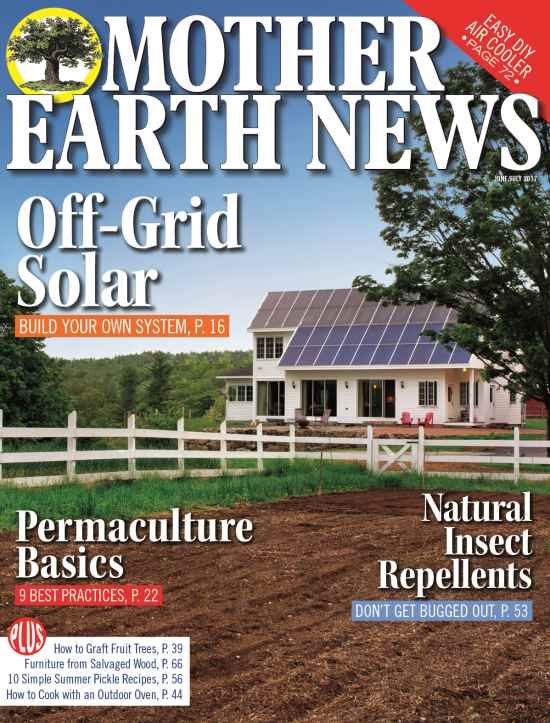Imagine that a family with small children comes to your farm one day to purchase some of your products. While there, one of the children picks up your friendly old barn cat. The next thing you know, the child is crying because the cat scratched him. Oh, well, that’s unfortunate, you think, but he’ll be over it soon enough. Right? Well in the case of one farmer I know, the story ended with a payout of $100,000 from the farm’s insurance company.
I know another farmer who has an annual fall festival, and one year, a toddler crawled under the fence when the mother wasn’t looking and wound up being kicked by a horse and injured. This resulted in a lawsuit, which ultimately found the farmer was not liable for the child’s injury, but that was not until they’d gone through an expensive trial.
Thankfully, in both of these cases, the farmers had insurance that covered the litigation, as well as the damages. But what would have happened if the damages had been much worse? Most farm policies have upper limits of a million dollars or so. That sounds like it should be enough, but is it? How can you protect yourself if insurance has limits?
Creating a separate legal entity
Four years ago we decided to form an LLC, which stands for “limited liability corporation.” It’s a separate legal entity that owns the farming business. We still own the farmland, the house, and the buildings, but the business is owned by the LLC, which rents the land and buildings from us. So, if someone has a claim against the business, they can drain every asset that belongs to the business, but we won’t lose our home, our land, our cars, and other personal assets.
So, if a famous concert violinist comes to buy eggs on our farm one day, and our barn cat scratches her hand, and she has nerve damage that means she can never play again, she would be filing a lawsuit against the farm, rather than us personally.
If you sell food, you are really opening up yourself for huge lawsuits, if you are ever deemed responsible for an outbreak of a food-borne illness.
“Nobody goes into a food business planning on having a foodborne illness disaster like what happened to the cantaloupe folks,” says attorney Rich Schell, co-author of Illinois Legal Guide to Direct Marketing for Food Entrepreneurs and adjunct food law professor, “but the reality is that if food goes badly, it can go very badly, so you should separate your farm and home and other assets from the food business so if (God Forbid) things end badly, you don’t lose it all.”
Although the details of the final lawsuit in the 2011 listeria outbreak in cantaloupe were kept private, the medical bills alone amounted to $15 million. The farm, of course, filed for bankruptcy.
So, how does a farmer protect himself or herself?
Before forming our LLC, I read two books about various forms of incorporation. This helped me figure out which form of corporation would be right for us. They all have different features, benefits, and restrictions. Once I was pretty sure an LLC would be right for us, I read a book devoted entirely to LLCs.
Forming an LLC is incredibly easy in Illinois and most other states. You simply have to fill out a very simple two-page form. You don’t need to pay hundreds of dollars to an online legal services company to do that for you. However, you might want to have a farm attorney because he or she can serve as your registered agent, and their office can be your registered office. In the event that you were ever sued, that is where a lawsuit would be served. Our attorney also wrote our operating agreement for us, which is what lays out how the LLC is to be run.
Even if you have an attorney, you need to educate yourself about how to run a corporation. No attorney or accountant can give you all of the information that you need, although they can answer questions to help you better apply that information to your own particular situation.











1 Comment
Very informative. Learned things I didn’t know.